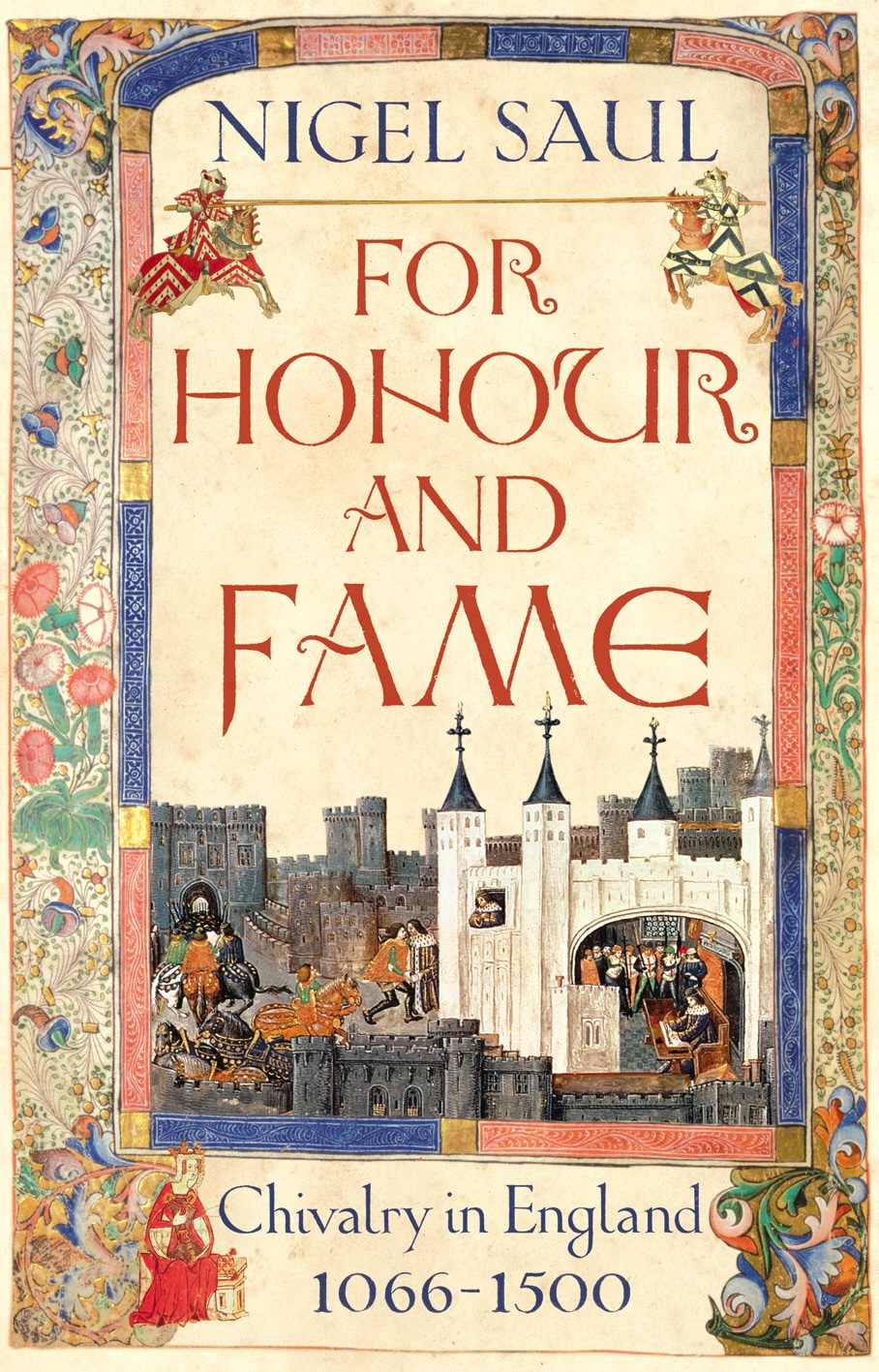For Honour and Fame: Chivalry in England, 1066-1500
16.99 JOD
Please allow 2 – 5 weeks for delivery of this item
Description
The world of medieval chivalry is at once glamorous and violent, alluring yet alien. Our popular views of the period are largely inherited from the nineteenth-century romantics, for whom chivalry evoked images of knights in shining armour, competing for the attention of fair ladies – with pennons and streamers fluttering from castle battlements.But what is the reality? Were the rituals and romance of chivalry designed to provide an escape from the brutal facts of almost continuous warfare? Or did they instead help regulate the conduct of war and moderate its violent excesses?Nigel Saul charts the introduction of chivalry by the Normans, the rise of the knightly class as a social elite, the fusion of chivalry with kingship in the fourteenth century and the influence of chivalry on literature, religion and architecture. He shows us a world of kings and barons, castles and cathedrals – a world shaped by Richard the Lionheart and the Crusades, by Magna Carta and the rule of law, by battles like Bannockburn and Crecy, by the Black Death and by tournaments, round tables and the cult of Arthurianism.
Additional information
| Weight | 0.588 kg |
|---|---|
| Dimensions | 3.1 × 15.3 × 23.4 cm |
| by | |
| Format | Paperback |
| Language | |
| Pages | 448 |
| Publisher | |
| Year Published | 2012-6-7 |
| Imprint | |
| Publication City/Country | London, United Kingdom |
| ISBN 10 | 1845951891 |
| About The Author | Nigel Saul is Professor of Medieval History in the University of London. He is a Fellow of the Royal Historical Society and of the Society of Antiquaries. His publications include Richard II, A Companion to Medieval England, Death, Art and Memory in Medieval England and, most recently, The Three Richards. |
| Review Quote | Nigel Saul takes a relatively benign view of medieval noblemen. He rejects the once-fashionable notion that war was all about money and land, and that chivalry was just tinsel. And, although he sees a steep decline in standards in the last medieval century, he thinks that chivalric values did have a real influence in civilising the conduct of war… Saul can make the most unpromising material speak to us with a directness that can surprise even those who are already familiar with it. This is a rich book that does ample justice to its complex theme |
| Other text | Clear sighted history |





